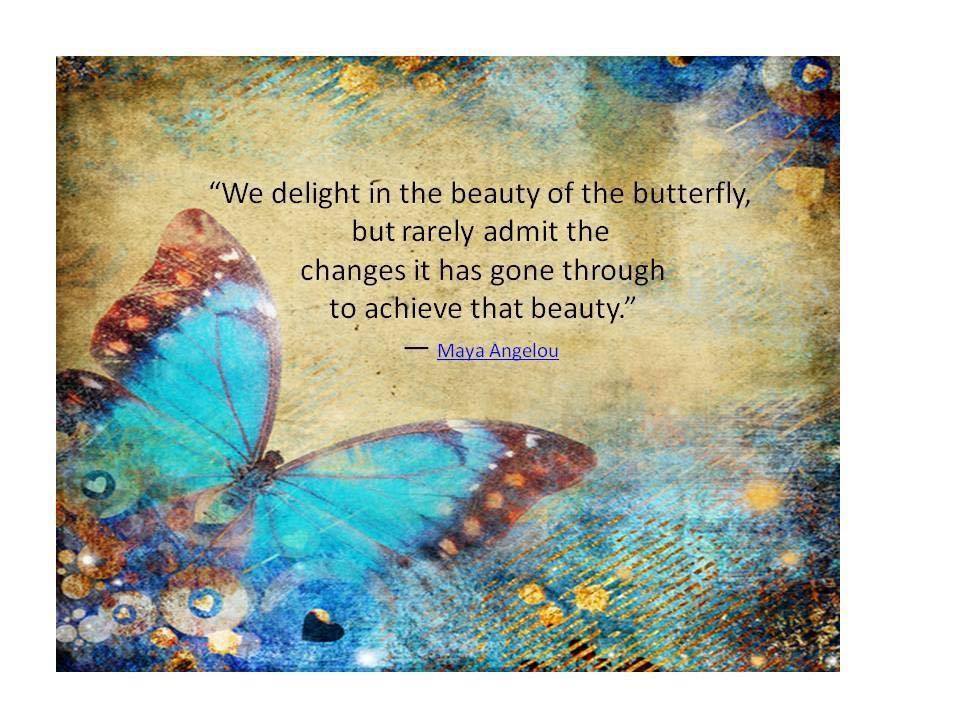As I see it, our “faith crisis” is an essential part of the gospel. Our “faith” is to be refined. This isn’t a “transition” away from something to something else. It’s not a “middle ground.” It’s our *transformation* into a beautiful, new way of thinking, feeling, and being. It’s a process, a journey, a Way.
We often speak of how faith is to be “tried” or “tested.” I don’t see this as a “test” in terms of proving that we’ll believe no matter what. Instead, i think of this as a refinement process, like how fine gold is refined. We go through a bit of fire in our faith crisis, but the outcome is that the dross — false teachings we have held onto — are burned away and what remains is “gold,” that is, the “pure love of Christ.”
I make no apology for being a heretic. I think that the very essence of our temple endowment says that we ought to be rejecting the la-la existence in the Garden of Eden, partaking of the fruit of dogmatic knowledge of good and evil, which God has commanded us not to partake, and we ought to be learning through our own experience to distinguish good and evil. If we make mistakes, and we invariably will, God still loves us unconditionally, and he has provided a savior for us. This is our doctrine. We so often forget that when we are literally hell-bent on absolute obedience and compliance.
While we lose beliefs in things no longer true, we don’t lose our faith or testimony. Faith is our expression of a new hope — one emerging from our love for one another, and our witness becomes more real of the truth of divine love.
God loves you. You are a child of God, and so is everyone in this world. Isn’t that the most wonderful concept? To love god is to love what god loves, and what does god love? God so loved the world. We embrace in our faith journey so much more than the narrow consciousness of blind obedience. We are embraced by love that infuses everything we are and do.
This love allows us to attend and participate with our fellow saints, realizing that in their fears and insecurities, they say and do things that are less than the Love of God. We do the same! Yet because we love, and recognize that we are all imperfect and see through a glass darkly, we can set aside our differences and find the Way of Love together, even and especially when our beliefs differ.
I am starting to think of the Middle Way as being better explained as a “Centered Way,” one where we recognize Christ as the Center: the Way, the Truth, the Life, and the God of unconditional love.
When the excesses of emotion — either happiness in attachment or sorrow and anger — cause us to lose our balance, we come back to our emotional Center by finding that calm sense of peace in meditation/mindfulness.
When resentment/guilt of the past or fear of the future take us out of the moment, we come back to the Center of time by connecting to this very moment, becoming aware of “what is” rather than “what was” or “what will be.”
When we are plagued by the cognitive dissonance caused by facts that confront our certainties, we come back to the Center of knowledge called “not knowing,” or what Alma called “faith.”
When difference between us escalates into dissension and dispute, we come back to the Center of Love. We step back from ourselves and enter into the heart of the other, seeing what they see, feeling what they feel, and in complete, unconditional love, reconnecting to our shared humanity.
This beautiful transformation helps us soar to new heights. Yes, transformation is very difficult. Maya Angelou once said, “We delight in the beauty of the butterfly, but rarely admit the changes it has gone through to achieve that beauty.”
